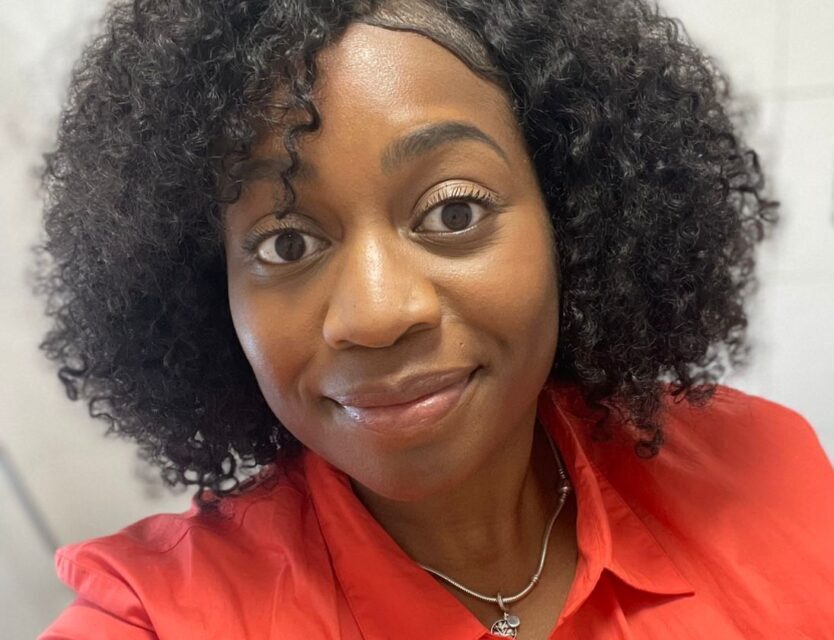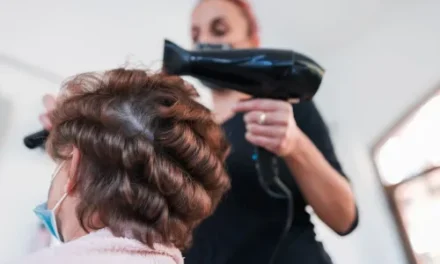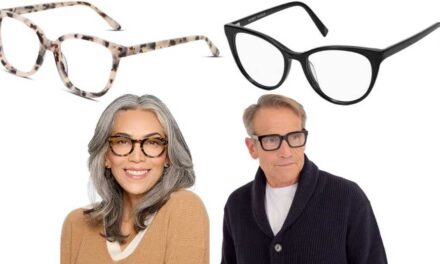BLACK WOMEN going through menopause say they are being misdiagnosed by medical professionals due to a lack of understanding of how race impacts their experience.
The menopause marks the end of a woman’s periods meaning she can no longer become pregnant naturally, usually occurring between the ages of 45 and 55 years old.
Dealing with daily symptoms such as anxiety, mood swings, brain fog and hot flushes can have a severe impact on relationships and working life.
For Black women, managing this new season of womanhood comes at a greater difficulty due to limited knowledge among doctors about the “menopause ethnicity gap” which is impacting their quality of life.
New research by YouGov and retailer Holland and Barrett found that 51 percent of Black, Asian and minority ethnic women say current advice about menopause is too focused on the experience of White women.
A further 26 percent say they find it difficult to access menopause support relevant to their backgrounds.
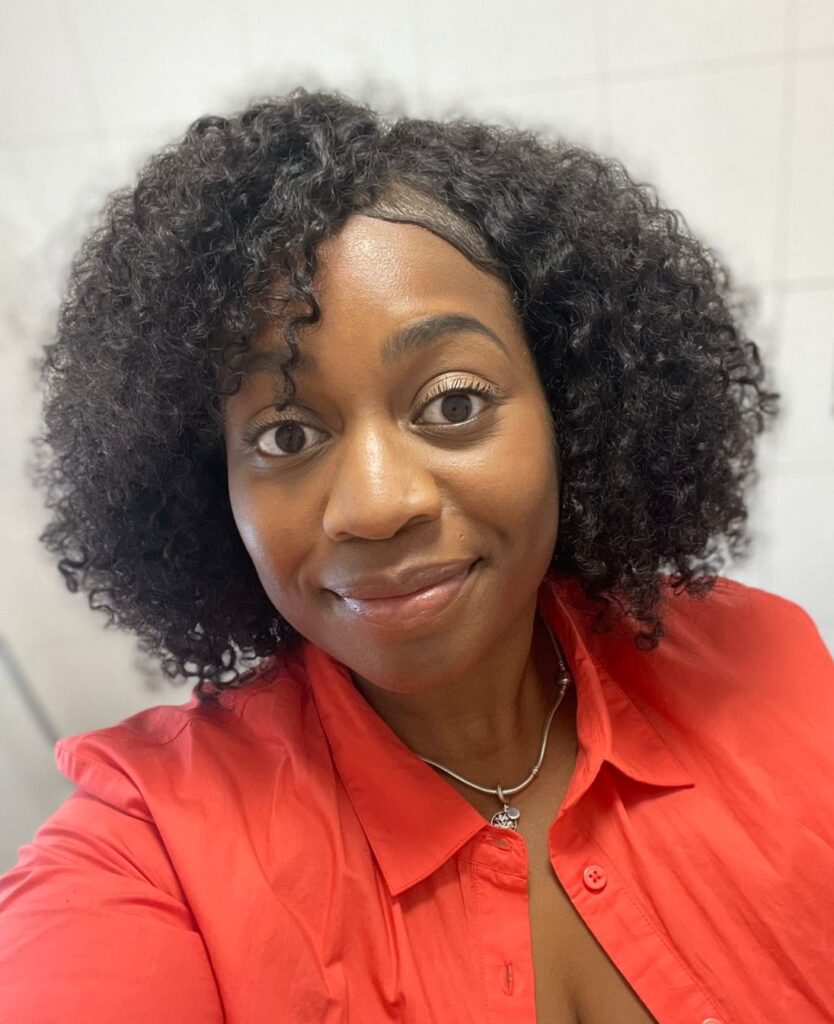
Cross-cultural research shows a person’s race and cultural background may impact how a woman may feel about menopause, the severity of their symptoms, when the symptoms might start, and even how long they will last.
In 2022 research by the Study of Women’s Health Across the Nation (SWAN), 46 percent of Black women reported experiencing worse hot flashes compared to just 37 percent of White women.
In addition, 27 percent of Black women reported clinically significant depressive symptoms, whilst only 22 percent of White women reported the same condition.
Adelay Codner, 40, started dealing with menopause-like symptoms such as night sweats and brain fog when she was only in her late 20s. She described the toll it took on her as “mimicking bipolar symptoms”.
“I didn’t realise I was going through menopause at all. I thought because I was in university, I was stressed, but I knew something wasn’t right with my body,” Adelay told The Voice.
“The doctors kept on saying it was that I had an underactive thyroid, that “you’re probably stressed”. I told them I only had one period this year – that’s not like me at all.”
The mother-of-one said she was thrown “backwards and forwards” between medical assessments before one of her beautician clients suggested she return for a blood test. When the results came back, she was hit with the devastating news that she was perimenopausal.
According to the NHS, perimenopause is when menopause symptoms occur before your periods have stopped altogether. However, women can only be considered menopausal when they have not had a period for 12-months.
Adelay says she went through “grieving” at the prospect of never having more children while dealing with irregular periods, which can occur with a “vengeance,” or painful symptoms while having no periods at all.”
She believes it could be linked to a fibroids diagnosis in her early 20s or her underactive thyroid. At the time, Adelay was offered HRT (hormone replacement therapy) as the only option to manage her symptoms.
Dr Yansie Rolston, the founder of charity You and Menopause, is also the executive producer behind the film Our Menopause which highlights how Black women in the UK have been made invisible during conversations about the menopausal experience.
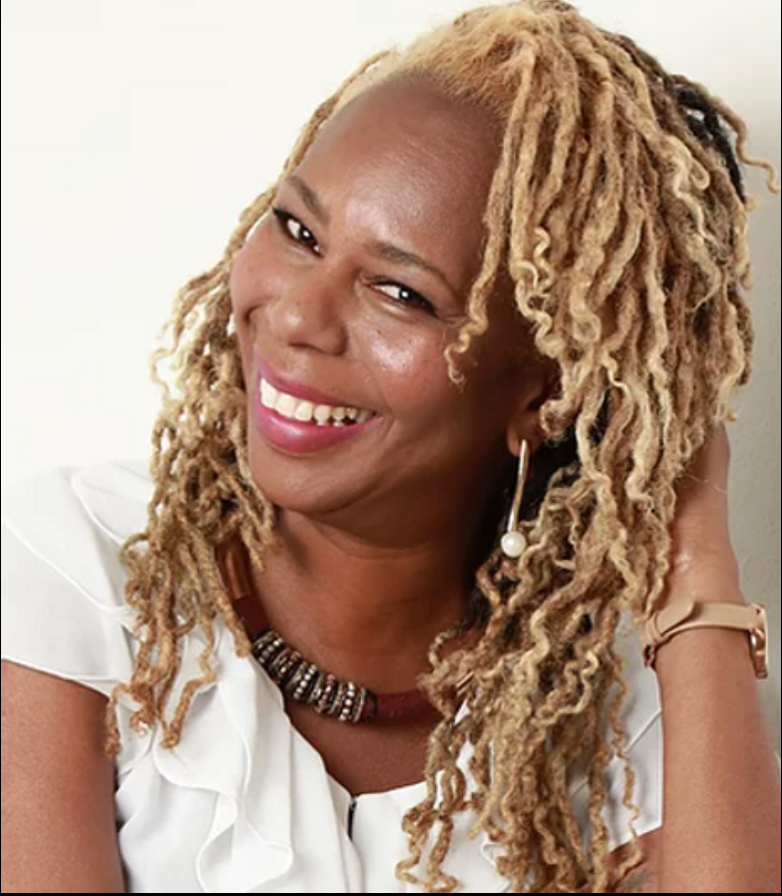
Dr Rolston, who specialises in the menopause experiences of Black women in the US, South America, the Caribbean and Africa, tells The Voice experiences like Adelay’s are not uncommon. She is urging doctors to be aware there is “more than one experience of the menopause”.
“As a Black woman, there’s such a diverse range of menopause symptoms and experiences amongst Black people. Additionally culture plays a part of it, the environment plays a part in it,” she said.
“The work I’ve been doing is travelling around the world to find out what those experiences are. For some people it’s eldership; you get older, you become wiser. That’s the interpretation in some communities, and therefore it’s not a medical thing.”
The now 61-year-old says that she entered “surgical menopause” in her 40s after having a hysterectomy due to fibroids in 2011. Her symptoms were initially put down to a mental breakdown and dementia.
In April 2023, The Voice reported on how 80 percent of African-Caribbean women are predicted to suffer from fibroids by the age of 50 in comparison to 70 percent of white women.
Medical professionals in the field were also failing to investigate the causes behind why Black women are at a health disadvantage.
Dr Rolston added: “Black women are much more likely to get fibroids, and when they’ve been diagnosed with fibroids what’s been suggested is a hysterectomy. If you take your ovaries out, you can go into surgical menopause.
“There needs to be much more research on the impact of menopause on the Black community. Rather than giving us the HRT, some women are just given the HRT and some are not even offered HRT – so it’s striking that balance.”
Treatment for menopause is HRT-driven, says Dr Rolston, but can make fibroids grow and thicken the lining of the cervix, leaving Black women with more health implications.
The menopause campaigner went on to warn that structural racism in the UK healthcare system already leaves Black women on an “unequal playing field.”
Dr Geeta Kumar, Vice President of the Royal College of Obstetricians and Gynaecologists, told The Voice every woman will experience the menopause differently but Black women often face additional complications.
“There is some evidence from the US to suggest that symptoms and experiences of menopause may vary by ethnicity, although there is limited research from the UK.
“The average age of natural menopause also varies across the globe and ethnicities. Research shows that the average age that Black women reach menopause at 49, two years more than the national average age of 51.
“However, we do know that Black women have reported difficulty accessing appropriate menopause care and resources.
“This aligns with what we know about the wider healthcare system, where structural barriers, racism or implicit bias can shape treatment options and influence future interactions and trust in health services.”
The Women’s Health Strategy in England aims to improve research and close the ethnicity gap impacting Black women and the menopause.
“It is vital that the UK governments, the NHS, healthcare professionals and the public better understand and recognise the presence and impact of implicit biases, stereotypes and racism in order to address inequities in outcome and experience for ethnic minority women.
“We would welcome dedicated investment across the health system in anti-racist and culturally safe education, training and practice.”
Dr Rolston says Black women also need to start talking about the menopause to push back against cultural taboos surrounding women’s health.
As a film producer and co-editor of Black and Menopausal, she says her creative works are to raise awareness in African-Caribbean circles.
“I asked people who told me you shouldn’t talk about menopause, it’s private and personal. The book is to be used as a conversation starter for people who are still ashamed to talk about menopause so people do not feel they are alone and isolated,” she says.
Adelay agrees that whilst Black women’s experience of menopause has been “forgotten,” they need to also begin in raising awareness. She admits that having already become a mother and wanting to adopt, that it made her perimenopausal state at a young age easier to reconcile with.
“There was no one to talk to. and I felt and was asking how is my body letting me down? Everyone else was having babies. They were all planning the future and wanting to have more kids. There was no support group for Black women my age or just women in general for my age,” she says.
“It’s the shame and the stigma about it [the menopause]. We’re not discussing having periods in general. For mothers, it goes your period starts, these are the pads, this is what happens and that’s it.
“It’s about having awareness of our bodies and not being ashamed. It can happen at any age and if you’re planning for a family, it’s vital that we educate young girls from their teens.”

